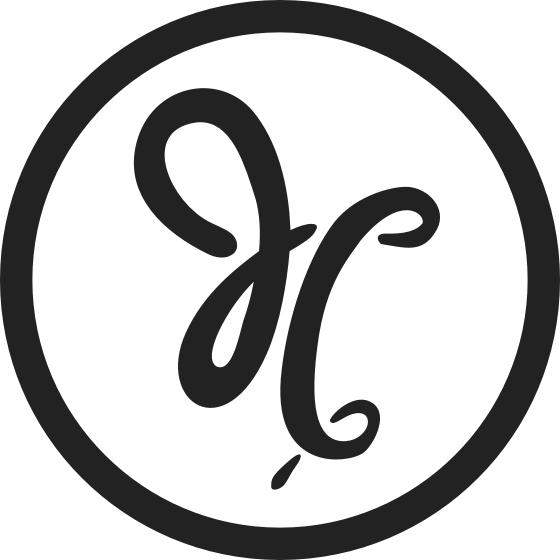Jenny Odell is an artist and writer in Oakland California. Her book seems to be riding the wave of anti self improvement sentiment through the public consciousness. I heard about it in several places: from friends, at dinner parties, and online.
Odell explains early on that this book has absolutely nothing to do with "doing nothing". The title is click bait. It's probably an intentional reference to the kinds of click bait that you often find on social media as people vie for your attention, but I think it's misleading. Beware the contents of books with clever names. But hell, it worked on me. What the book really is, is a reflection on focus for people who are privileged enough to have time to think about what to focus on.
The book is a walk through Jenny's experience of gardens and wildlife, the merits of bird watching, art, awareness of our local ecology, bioregionalism, and oh right, how to resist the attention economy—which is why I opened the book. It covers many topics that I find interesting, but left me without a sense of a unified whole. If you want concrete advise on how to resist the attention economy, consider reading Cal Newport's Digital Minimalism.
The book does have merit though, with useful insights littered throughout. I appreciated the rebellion against Plato's republic, which argues that a perfect state could be designed if you place philosopher designers at the top to call the shots while workers at the bottom do the work. It is naive, she argues, to believe that the masses would accept such a reality, but it is a natural escape from times when society encounters extreme political or social trouble. The problem with these designed realities is that they insist on bringing society into stasis in order to maintain order, but such is impossible when you have so many free agents working independently. She points out a few modern examples of elites wanting to design a micro society, including Peter Thiel's Seasteading Institute, which states that "Seasteaders envision a vibrant startup sector for governance".
If there's one caveat to Odell being well read, it's the sheer number of references that lie unhidden within this book. I took sparse notes, and these names (and more) appear in my notes with direct quotes: Thoreau, Thomas Merton, Seneca, Gilles Deleuze, David Abram, Mierle Laderman Ukeles, Zhuang Zhou (4th century Chinese philosopher), Franco Berardi, Luis E. Navia (on Diogenes), Jacob S. Hacker, Martin Buber, William James, James Williams (yup), Jessica Nordell, Alfred Adler, Alan Watts, Robin Wall Kimmerer, Chris Carlsson, Masanobu Fukuoka.
That is a small taste. It's clear that she read a lot of books in preparation for writing this one, but it was tedious to read "in Book Title, so and so said 'what they said' repeatedly. That is why bibliographies were invented, and I think the explicit references take away from the cadence of the book.
Occasionally, Odell does talk directly about doing nothing, including a useful metaphor for self growth. "The practice of doing nothing has something broader to offer us: an antidote to the rhetoric of growth. In the context of health and ecology, things that grow unchecked are often considered parasitic or cancerous." This metaphor has limits though. Cancer grows exponentially, and the kind of growth we're talking about is linear at best. But I take her point, made on the backs of giants like Thoreau. I think a common idea of doing nothing is lying in your underwear on a lazy Sunday afternoon, while the Thoreauvian (Of course it's a word) version of doing nothing is taking a long walk in the woods. It's somewhat antithetical because walking in the woods or even sitting in the park is actually a very active thing to do. But the point is to act in a non-teleological way. In other words, don't have a specific goal in mind. This is the closest that we come to an explanation of how to do nothing.
If you're interested in taking a look, check your local library. If you found my review useful and you'd like to get a copy on Amazon, consider using my referral link: How to Do Nothing. It costs the same for you, and a small percentage goes back to help me write more reviews like this one. Happy reading.

